Description
Familiarity with treatment
Mechanical valve replacement is a surgical procedure in which a damaged or diseased heart valve is replaced with a mechanical valve made of durable materials such as metal or carbon.
Here are some key points about mechanical valve replacement:
- Indications: Mechanical valve replacement is typically recommended for patients with severe valve disease, such as aortic stenosis or mitral regurgitation, who are not suitable candidates for valve repair or other types of valve replacement.
- Valve Types: Mechanical valves come in two main types: bileaflet and tilting disc. Bileaflet valves have two leaflets that open and close, mimicking the natural function of the valve. Tilting disc valves have a single disc that tilts to allow blood flow. Both types have their advantages and considerations, and the choice depends on the patient’s specific needs and the surgeon’s preference.
- Anticoagulation Therapy: One of the main considerations with mechanical valve replacement is the need for lifelong anticoagulation therapy. Because mechanical valves have a higher risk of blood clot formation, patients are prescribed anticoagulant medications, such as warfarin, to prevent clotting. Regular monitoring of blood clotting levels (INR) is necessary to ensure the medication’s effectiveness and adjust the dosage if needed.
- Longevity: Mechanical valves are durable and can last for many years. However, they do not have the ability to repair or regenerate like natural valves. Regular follow-up visits with a cardiologist are essential to monitor the valve’s function and detect any potential complications.
- Potential Complications: While mechanical valve replacement can significantly improve heart function, there are potential complications to be aware of. These include the risk of blood clots, bleeding due to anticoagulation therapy, infection, valve dysfunction, and the need for reoperation in the future.
- Lifestyle Modifications: Patients with mechanical valves need to make certain lifestyle modifications to reduce the risk of complications. This includes adhering to anticoagulation therapy, maintaining a healthy diet, avoiding activities that may increase the risk of bleeding or injury, and informing healthcare providers about the valve replacement before any medical or dental procedures.
Who is it suitable for?
Mechanical valve replacement in cardiac surgery is suitable for individuals who have severe valve disease and meet certain criteria. Here are some factors that may make someone a suitable candidate for mechanical valve replacement:
- Severe Valve Disease: Mechanical valve replacement is typically recommended for patients with severe valve disease, such as aortic stenosis or mitral regurgitation, where the valve is significantly damaged or dysfunctional. The severity of the valve disease is assessed through various diagnostic tests, including echocardiography.
- Non-Suitability for Valve Repair: In some cases, the damaged valve may be suitable for repair rather than replacement. However, if the valve cannot be effectively repaired or if repair is not a viable option, mechanical valve replacement may be considered.
- Age and Overall Health: Age is not a strict limitation for mechanical valve replacement. However, younger patients may be more suitable candidates due to the long-term durability of mechanical valves. Overall health is also an important consideration, as individuals undergoing surgery should be able to tolerate the procedure and the subsequent anticoagulation therapy.
- Ability to Comply with Anticoagulation Therapy: Mechanical valves have a higher risk of blood clot formation compared to natural valves. Therefore, patients who are able to comply with lifelong anticoagulation therapy, such as taking medications like warfarin and undergoing regular monitoring of blood clotting levels (INR), are suitable candidates for mechanical valve replacement.
- Absence of Contraindications: Certain medical conditions or factors may contraindicate mechanical valve replacement. These may include active infections, bleeding disorders, severe liver disease, or other conditions that increase the risk of complications during surgery or anticoagulation therapy.
Who is it not suitable for?
While mechanical valve replacement is a suitable option for many individuals with severe valve disease, there are certain situations where it may not be the preferred choice. Here are some factors that may make someone not suitable for mechanical valve replacement in cardiac surgery:
- Contraindications to Anticoagulation Therapy: Mechanical valves require lifelong anticoagulation therapy to prevent blood clot formation. If a patient has a contraindication to anticoagulant medications, such as a bleeding disorder or a history of severe bleeding, mechanical valve replacement may not be recommended. The risk of bleeding complications outweighs the benefits of the mechanical valve in such cases.
- Advanced Age and Limited Life Expectancy: In elderly patients with limited life expectancy or significant comorbidities, the potential risks and complications associated with mechanical valve replacement may outweigh the benefits. In these cases, alternative treatment options, such as palliative care or less invasive procedures, may be considered.
- Patient Preference: Some patients may have personal preferences or concerns that make them hesitant to undergo mechanical valve replacement. This could be related to the need for lifelong anticoagulation therapy, the risk of complications, or other factors. In such cases, alternative treatment options, such as biological valve replacement or valve repair, may be explored.
- Patient’s Ability to Comply with Follow-up Care: Mechanical valve replacement requires regular follow-up visits, monitoring of anticoagulation therapy, and adherence to lifestyle modifications. If a patient is unable or unwilling to comply with these requirements, mechanical valve replacement may not be the most suitable option.
- Other Medical Conditions: Certain medical conditions, such as severe liver disease, active infections, or other comorbidities, may increase the risk of complications during surgery or anticoagulation therapy. In such cases, alternative treatment options may be considered.
Advantages
Mechanical valve replacement in cardiac surgery offers several advantages compared to other treatment options. Here are some of the advantages of mechanical valve replacement:
- Durability: Mechanical valves are made of durable materials such as metal or carbon, which makes them highly resistant to wear and tear. They have a longer lifespan compared to biological valves, which may require replacement after 10-15 years. Mechanical valves can last for several decades, reducing the need for additional surgeries.
- Low Risk of Structural Degeneration: Mechanical valves do not degenerate over time like biological valves. Biological valves, which are made from animal tissue, may wear out or degenerate over time, leading to valve dysfunction. Mechanical valves, on the other hand, maintain their structural integrity and function over the long term.
- Lower Risk of Reoperation: Due to their durability, mechanical valves have a lower risk of requiring reoperation compared to biological valves. This is particularly advantageous for younger patients who may need the valve to last for many years.
- Better Hemodynamic Performance: Mechanical valves provide excellent hemodynamic performance, meaning they allow for efficient blood flow through the heart. This can improve overall cardiac function and reduce symptoms associated with valve disease, such as shortness of breath and fatigue.
- Wide Range of Valve Sizes: Mechanical valves are available in a wide range of sizes, allowing for better customization and fit for individual patients. This ensures optimal valve function and reduces the risk of complications associated with mismatched valve sizes.
- Suitable for Younger Patients: Mechanical valves are often preferred for younger patients who require valve replacement. Since mechanical valves have a longer lifespan, they can provide a durable solution for younger individuals who may need the valve to last for several decades.
- Availability of Different Valve Types: Mechanical valves come in different types, such as bileaflet and tilting disc valves. This allows surgeons to choose the most appropriate valve type based on the patient’s specific needs and preferences.
Complications
While mechanical valve replacement in cardiac surgery is an effective treatment option for severe valve disease, there are potential complications associated with the procedure. It’s important to be aware of these complications and discuss them with your healthcare team. Here are some possible complications of mechanical valve replacement:
- Blood Clots: Mechanical valves have a higher risk of blood clot formation compared to biological valves. This is due to the foreign material of the valve and the altered blood flow patterns. Blood clots can lead to serious complications, such as stroke or valve obstruction. To prevent blood clots, patients with mechanical valves require lifelong anticoagulation therapy and regular monitoring of blood clotting levels.
- Bleeding: Anticoagulant medications used to prevent blood clots can increase the risk of bleeding. It’s important to carefully manage anticoagulation therapy to balance the prevention of blood clots with the risk of bleeding. Regular monitoring of blood clotting levels (INR) is necessary to ensure the medication’s effectiveness and adjust the dosage if needed.
- Infection: Infection can occur at the site of the surgical incision or around the mechanical valve. This can lead to serious complications, such as endocarditis (infection of the inner lining of the heart). Patients with mechanical valves should be vigilant about maintaining good oral hygiene and inform their healthcare providers about the valve replacement before any medical or dental procedures.
- Valve Dysfunction: Mechanical valves can develop dysfunction over time, such as valve leakage (regurgitation) or narrowing (stenosis). This can lead to symptoms such as shortness of breath, fatigue, or chest pain. Regular follow-up visits with a cardiologist are important to monitor the functioning of the mechanical valve and detect any potential issues.
- Structural Valve Degeneration: While mechanical valves are durable, there is a small risk of structural valve degeneration over time. This can lead to valve dysfunction and may require valve replacement or repair.
- Prosthetic Valve Endocarditis: Prosthetic valve endocarditis is an infection of the mechanical valve itself. It is a serious complication that requires prompt medical attention and may necessitate valve replacement.
- Psychological and Emotional Impact: Undergoing cardiac surgery and living with a mechanical valve can have psychological and emotional effects on patients. It’s important to have a strong support system in place and seek emotional support if needed.
Previous care
Mechanical valve replacement is a surgical procedure used to treat heart valve disease. It involves removing a damaged or diseased heart valve and replacing it with a mechanical valve made of durable materials such as metal or carbon.
In the past, mechanical valve replacement surgery required a sternotomy, which involves making a large incision in the chest to access the heart. This approach provided direct access to the heart valves, allowing surgeons to remove the damaged valve and implant the mechanical valve.
The surgery itself is complex and requires a skilled cardiac surgeon. The procedure typically involves placing the patient on a heart-lung machine to temporarily take over the function of the heart and lungs during the surgery. The damaged valve is then removed, and the mechanical valve is sewn into place.
After the surgery, patients require lifelong anticoagulant therapy (blood thinners) to prevent blood clots from forming on the mechanical valve. Regular follow-up appointments are necessary to monitor the function of the valve and adjust medication as needed.
Advancements in technology and surgical techniques have improved the care of mechanical valve replacement in recent years. Minimally invasive approaches, such as robotic-assisted surgery or transcatheter valve replacement, have been developed to reduce the invasiveness of the procedure and improve patient outcomes. These approaches involve smaller incisions and shorter recovery times compared to traditional sternotomy.
Additionally, the design and materials used in mechanical valves have also improved, leading to better durability and longevity. Some newer mechanical valves have features that reduce the risk of blood clot formation, reducing the need for high doses of anticoagulant therapy.
Overall, the care of mechanical valve replacement in cardiac surgery has evolved to provide safer and more effective treatment options for patients with heart valve disease.
Aftercare
Aftercare of a mechanical valve replacement in cardiac surgery is crucial for the long-term success and durability of the valve. Here are some key aspects of aftercare:
- Medication Management: Patients will be prescribed blood thinners (anticoagulants) to prevent blood clots from forming on the valve. It is important to take these medications as prescribed and to have regular blood tests to monitor the dosage.
- Lifestyle Changes: Patients with a mechanical valve replacement will need to make some lifestyle adjustments to reduce the risk of complications. This may include avoiding certain medications that can interfere with blood thinners, avoiding contact sports or activities that could lead to injury, and maintaining a healthy diet and exercise routine.
- Regular Follow-ups: Patients will need to have regular follow-up appointments with their healthcare provider to monitor the function of the valve and check for any signs of complications. These appointments may include echocardiograms to assess the function of the valve.
- Signs of Infection: Patients should be aware of the signs of infection, such as fever, chills, redness or swelling at the surgical site, and notify their healthcare provider immediately if they experience any of these symptoms.
- Dental Care: Patients with a mechanical valve replacement may need to take antibiotics before dental procedures to prevent infection. It is important to inform your dentist about your valve replacement before any dental work.
- Emotional Support: Recovering from cardiac surgery can be a challenging experience, and patients may benefit from emotional support from loved ones, support groups, or mental health professionals.
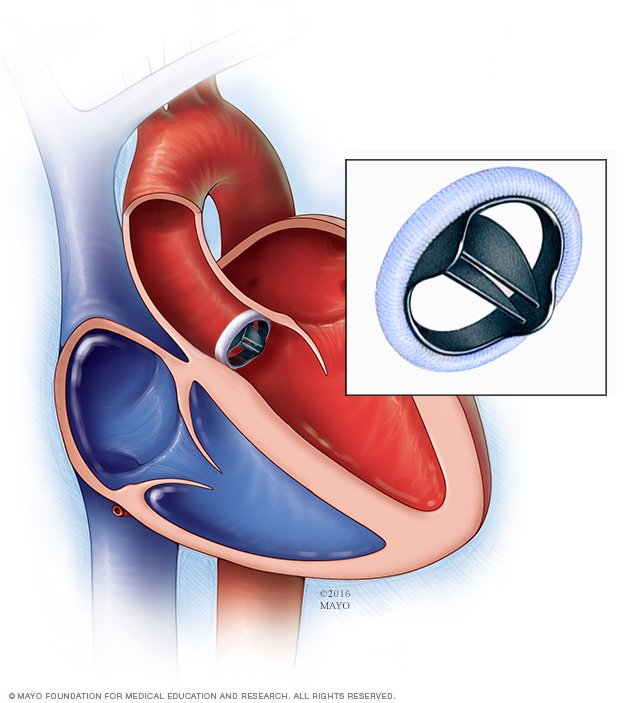
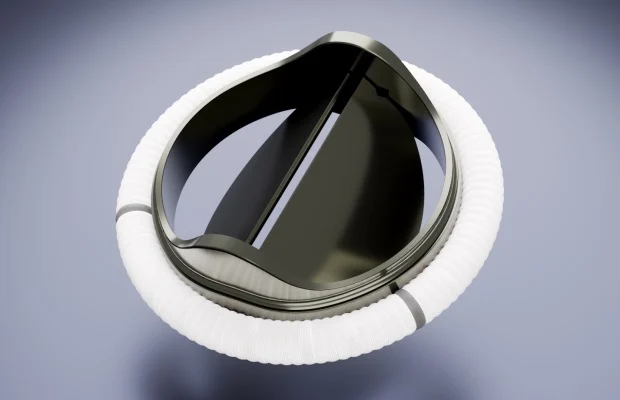
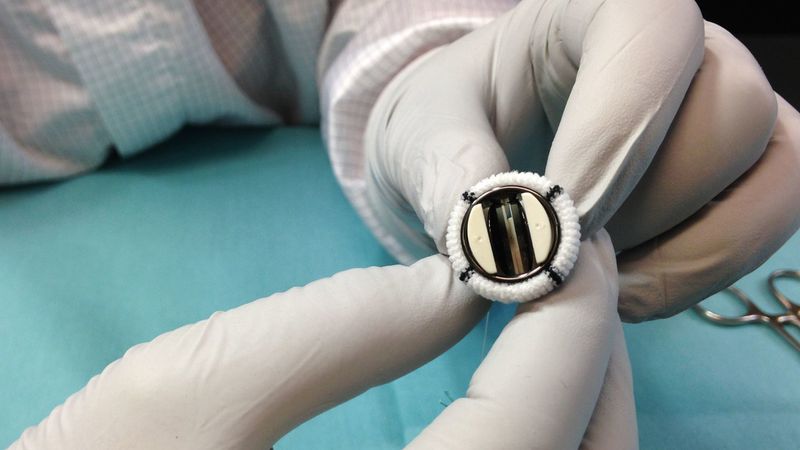
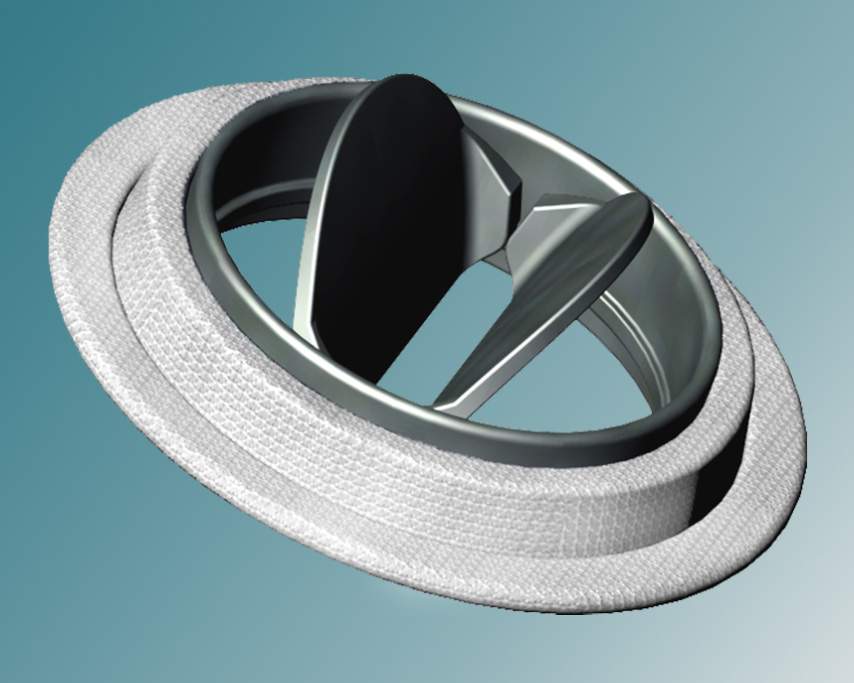

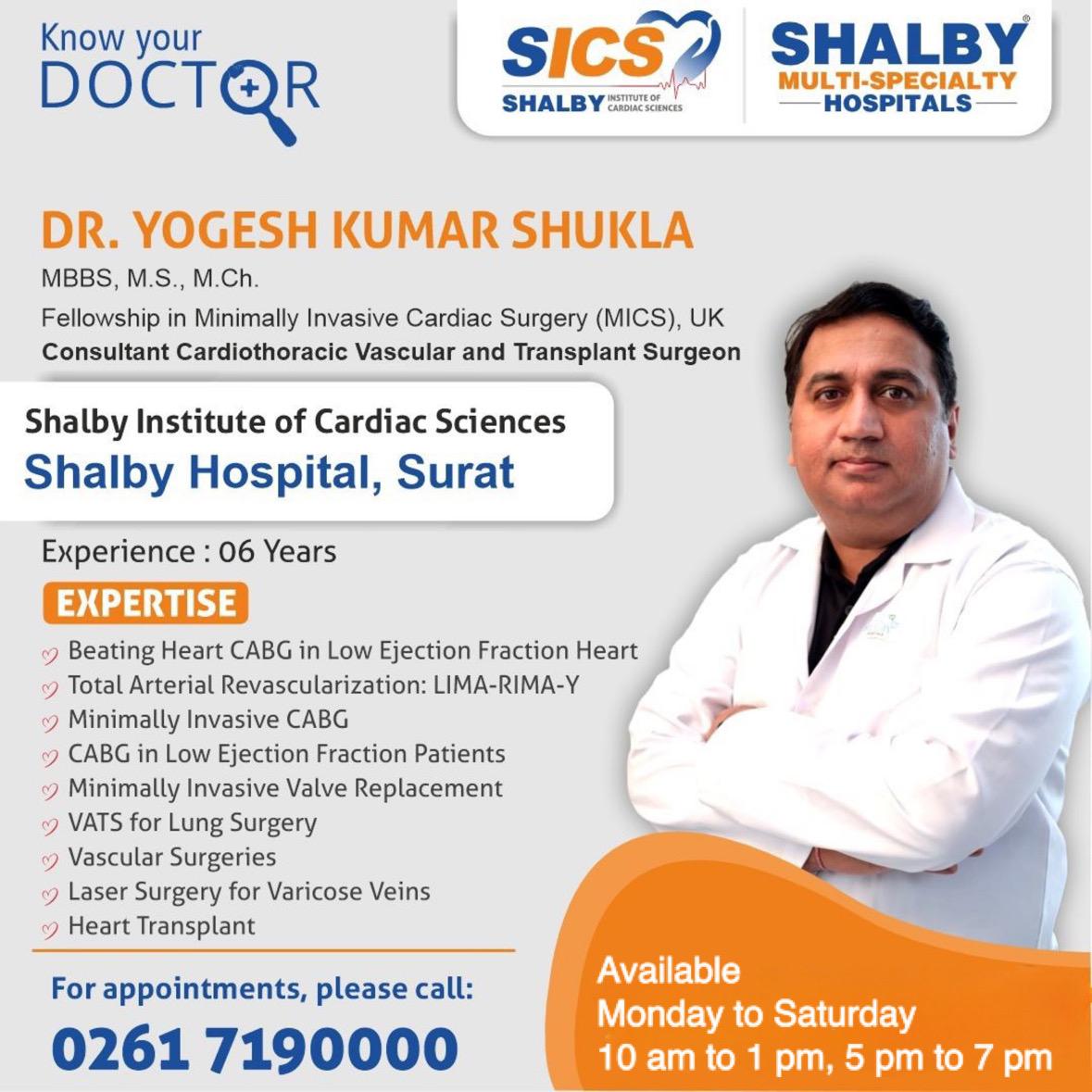


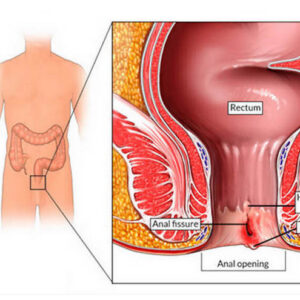
Reviews
There are no reviews yet.